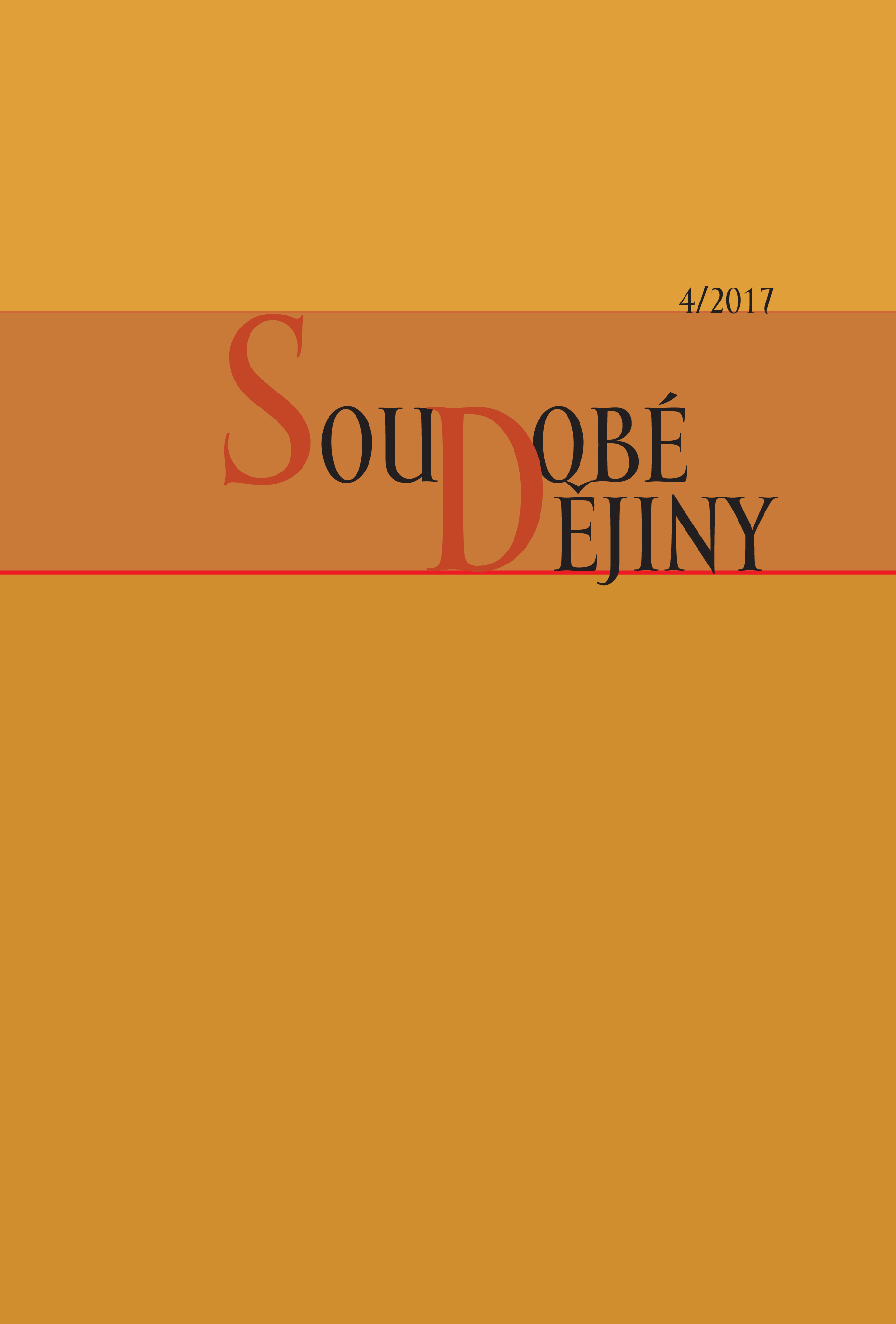Poválečná očista a komunistické bezpráví
The Post-War Cleansing and Communist Lawlessness
On the article by Jakub Šlouf
Author(s): Peter HeumosContributor(s): Jana Heumos (Translator)
Subject(s): History, Economic history, Political history, Social history, WW II and following years (1940 - 1949)
Published by: AV ČR - Akademie věd České republiky - Ústav pro soudobé dějiny
Keywords: Czechoslovakia;Post-War cleansisng;Industrial plants; Retribution
Summary/Abstract: The text is a modified (by the author) version of Peter Heumos’s review of Jakub Šloufs study “Cleansing of Industrial Plants from Collaborationists and “Anti-Social Elements” in 1945: Political machination, retribution excess, or revolutionary moral incubator?” published in this issue of Contemporary History (pp. 538–581). In the author’s opinion, the article written by Šlouf is an extremely productive contribution to the ongoing discussion of Czech historians on the political and social context of the formation and stabilization of the Communist regime. Heumos emphasizes its strengths and argues against some of its conclusions. In doing so, Heumos develops an idea that social and political activities in Czechoslovak industrial plants after the liberation in May 1945 were of an ambivalent nature and that their tendencies to create, with respect to punishment of alleged collaborationists and “anti-social elements” during the war, their own rules of conduct ignoring official legislation were not in themselves a factor supporting the onset of Communist lawlessness. Heumos rather views them as a continuity with manifestations of the resistance ofthe social environment of industrial enterprises against pressures from the power center in the 1950s and 1960s.
Journal: Soudobé Dějiny
- Issue Year: XXIV/2017
- Issue No: 4
- Page Range: 624-627
- Page Count: 4
- Language: Czech

